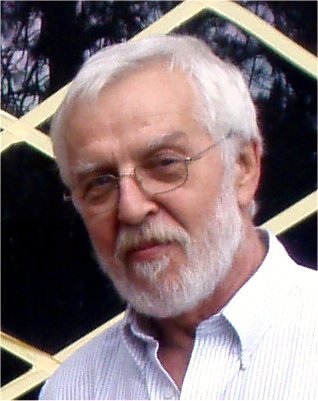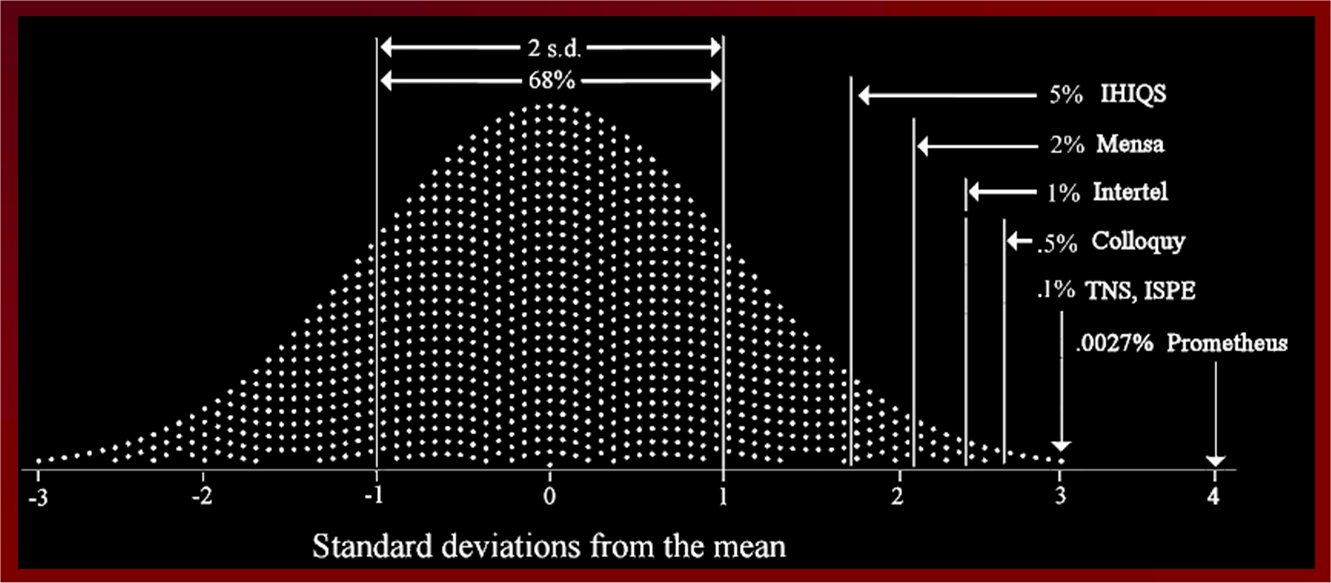|
He first joined Mensa in 1964 while serving in the Army in France – “to meet smart chicks”. No regrets. He organized the first Mensa meeting in France and has been active on and off in leadership, promotion, recruiting, organizing meetings – and getting to know a lot of smart people, in Mensa and a few other lower profile, higher IQ organizations. He’s gotten to know most of the main characters in the strange world of high IQ societies. He was membership officer for one society for six years, a job in which he examined over a thousand IQ test reports from applicants for membership. |
|
IQ – “intelligence quotient” is not a quotient at all. Originally defined as the ratio of mental age and chronological age times 100, it only worked for school children. It was replaced by a statistical model proposed by French psychologist Alfred Binet. Hence the well-known Stanford-Binet IQ test, developed at Stanford by Lewis Terman in 1916 and still in use today. IQ scales are based on the Gaussian or normal distribution model applied to intelligence. Ed will explain the reasoning and methodology of IQ scales, talk about some difficulties and controversies in the IQ testing industry and clarify some common misconceptions about IQ tests and scores. At the Cafe, Ed suggested we read an article from Scientific American called "What Do IQ Tests Test?"
Then he’ll talk about the societies – Mensa, the big mama of 120,000 members internationally, and the dozens of imitations, a few of them worth noting. He’ll also talk about the peculiar characteristics he has observed among exceptionally gifted people and – of course – the benefits of belonging. For a preview, read A Short (and Bloody) History of the High IQ Societies. |

 Bio:
Bio: 